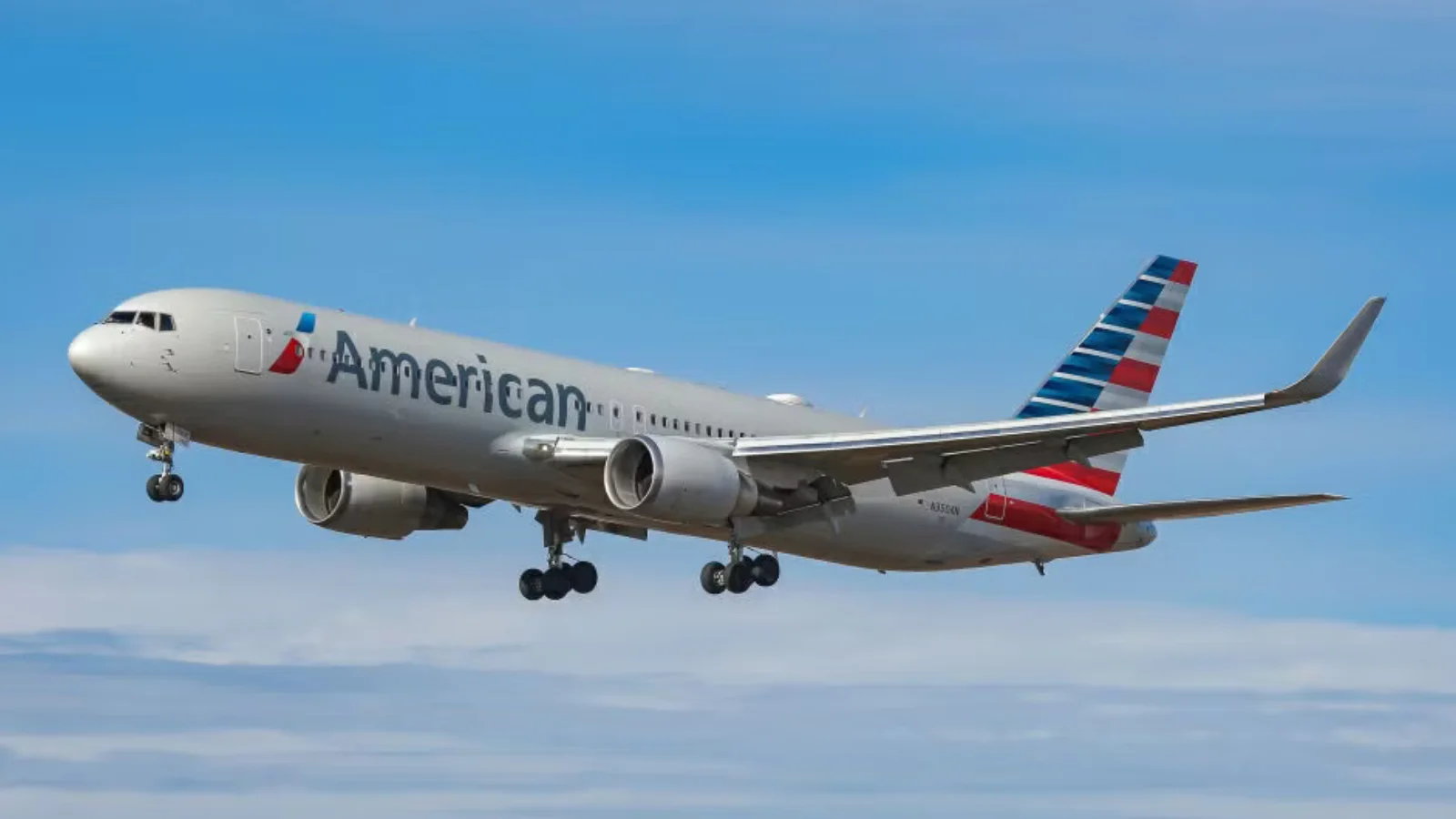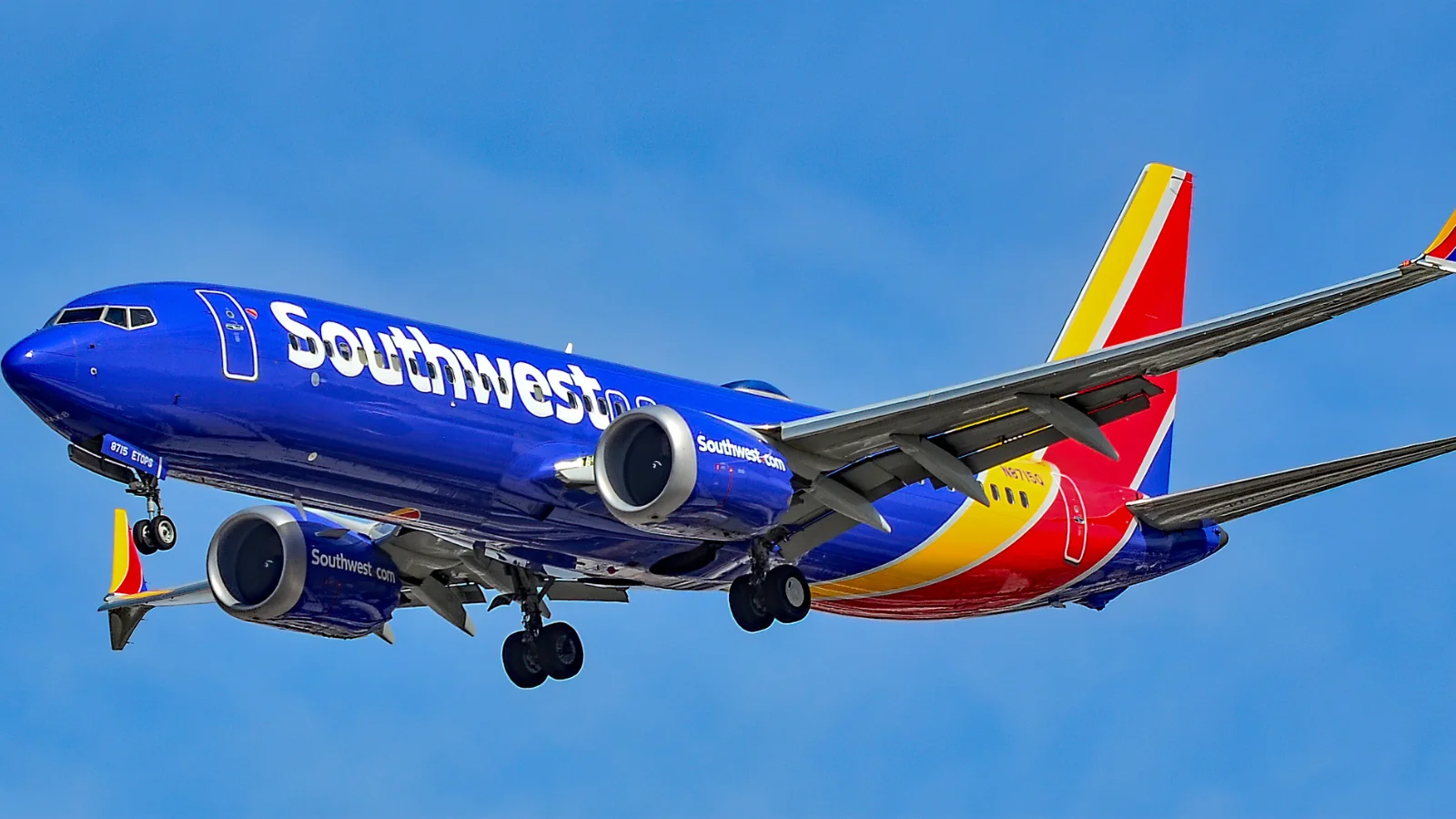Flight attendants are tasked with ensuring passenger safety and comfort during flights, acting as first responders in the sky. They manage medical emergencies such as cardiac arrest, fainting, and gastrointestinal upset. In the United States, flight attendants are required to maintain Cardiopulmonary Resuscitation (CPR) and Automated External Defibrillator (AED) certification, as stated by the American Heart Association (AHA). Airlines, however, often provide their own aviation medical training.
CPR and AED skills are crucial at altitude, as quick response can be the difference between life and death. Flight attendants must support patients until landing, at which point medics take over. They hope not to need these skills, but it is vital to be prepared.
Flight attendants undergo rigorous medical training, including CPR, AED, and advanced first aid, equipping them for various onboard emergencies. They serve as first responders but may seek assistance from onboard medical professionals, though their presence cannot be guaranteed. Airlines may use services like MedLink for medical support.
 Alerts Sign-up
Alerts Sign-up







